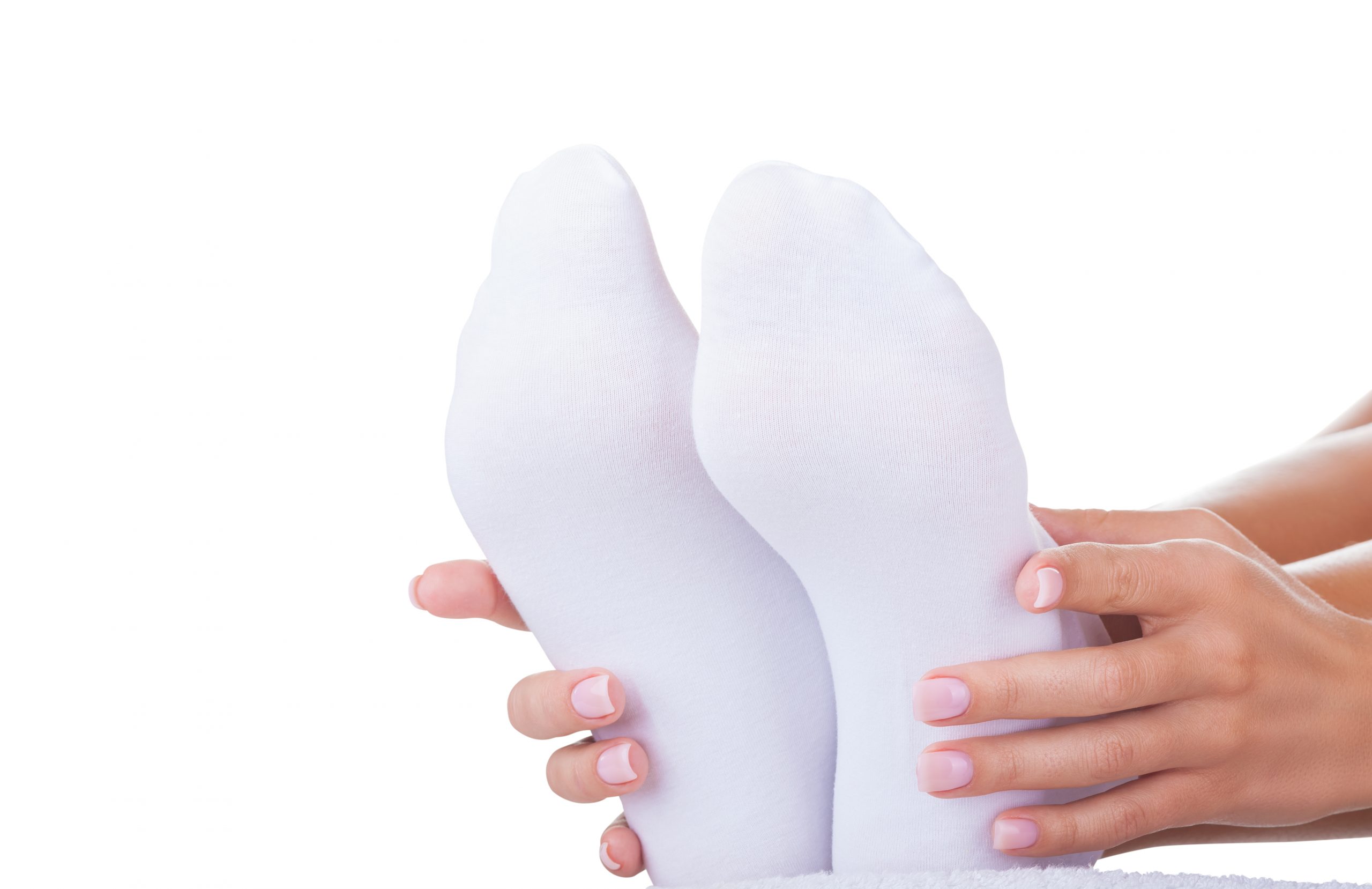
The rainy season in the Philippines begins in June and typically lasts until November. The monsoon rains and cooler weather bring much needed respite from the heat and humidity of the dry season. However, the rainy season also brings certain health risks, particularly for people with chronic conditions such as diabetes. Here are some steps people with diabetes can take to minimize rainy season health risks:
Stay hydrated. Don’t let the cooler weather of the rainy season lull you into complacency against dehydration. People with diabetes have an increased risk of dehydration as high blood glucose levels lead to decreased hydration in their body. It’s best to drink water throughout the day to stay hydrated.

Stay active. Don’t use the rains as an excuse to slack off on your exercise regimen. Get at least 30 minutes of exercise most days of the week. If you haven’t done so yet, purchase indoor exercise equipment such as a stationary bike, treadmill, resistance bands or skipping rope. If your house has a staircase, climbing stairs up and down can give you a good workout.

Take care of your feet. People with diabetes are at high risk of developing foot problems. Never walk barefoot, whether inside or outside your home. Keep your feet dry. Always wear clean, dry socks and properly fitting shoes. Consult your doctor for proper footwear.

Protect yourself from mosquito-borne diseases such as malaria and dengue that are more common during the rainy season. Remove any space or container in your home than can hold unnecessary stagnant water, which may become breeding sites of mosquitoes. These include bottle caps, dish dryer, plant axil, gutter, trash can, old rubber tires, among others. If you are going outside, wear long pants and long-sleeved shirts; apply mosquito repellent on exposed areas of your body.

Shop at Watsons for diabetes maintenance medications and other essential healthcare products. Talk to your doctor for more information on how to manage your diabetes.
You may also try our Call and Delivery service in select stores at https://bit.ly/36t2TRW
References:
Overweight and obesity are defined as abnormal or excessive fat accumulation that presents a risk to health. A body mass […]
Around 27 million Filipino adults are overweight or obese, according to the latest National Nutrition Survey conducted by the Food […]
Advances in scientific and technological knowledge have provided unprecedented advantages in terms of immeasurable convenience in our daily living, lightning-fast […]